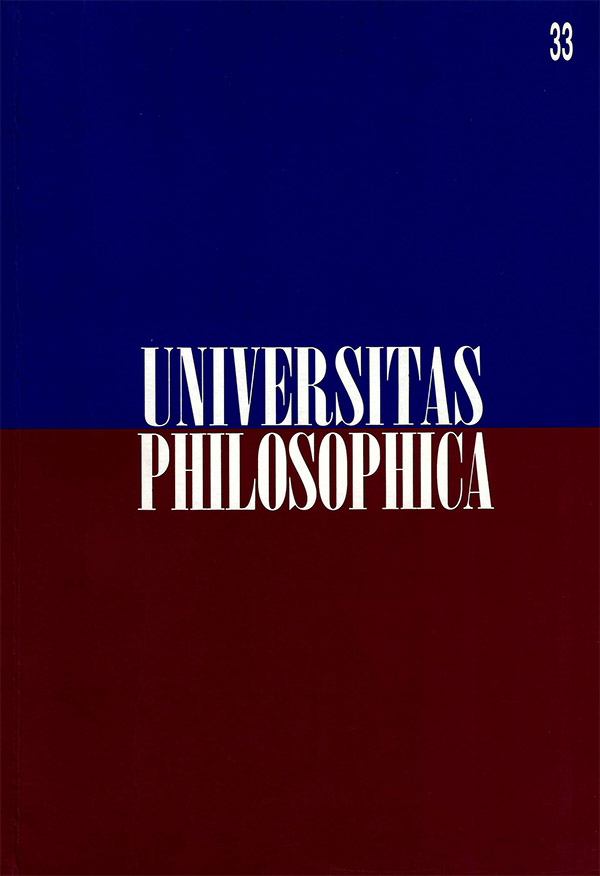Abstract
First, we will argue the non conventional nature of metaphorical meanings from the proposal that defends that there are no metaphorical utterances of monolexemes in an usual context. Metaphorical provisional meanings –non conventional– have an ephimeral life and thus we call them "provisional". Second, we will analyze how the provisional meanings that emerge from metaphorical utterances are produced. We will take into account Indurkhya's theory that allows to explain, in pan, how metaphorical transference takes place from a source domain to a target domain through the concept off T-MAP and two operators. We will expand Indurkhya's formal theory, in particular the function of the operators, to justify the different types of metaphorical provisional meanings that, in general, can be produced. Applying a T-MAP to a metaphorical utterance amounts to translating it into another utterance which only contains terms belonging to the vocabulary of the target domain. This translation is carried out from term to terco, with the result that the metaphorical provisional meaning of the source domain terms becomes the meaning (provisional or not) of the terms belonging to the target domain.This journal is registered under a Creative Commons Attribution 4.0 International Public License. Thus, this work may be reproduced, distributed, and publicly shared in digital format, as long as the names of the authors and Pontificia Universidad Javeriana are acknowledged. Others are allowed to quote, adapt, transform, auto-archive, republish, and create based on this material, for any purpose (even commercial ones), provided the authorship is duly acknowledged, a link to the original work is provided, and it is specified if changes have been made. Pontificia Universidad Javeriana does not hold the rights of published works and the authors are solely responsible for the contents of their works; they keep the moral, intellectual, privacy, and publicity rights.
Approving the intervention of the work (review, copy-editing, translation, layout) and the following outreach, are granted through an use license and not through an assignment of rights. This means the journal and Pontificia Universidad Javeriana cannot be held responsible for any ethical malpractice by the authors. As a consequence of the protection granted by the use license, the journal is not required to publish recantations or modify information already published, unless the errata stems from the editorial management process. Publishing contents in this journal does not generate royalties for contributors.


